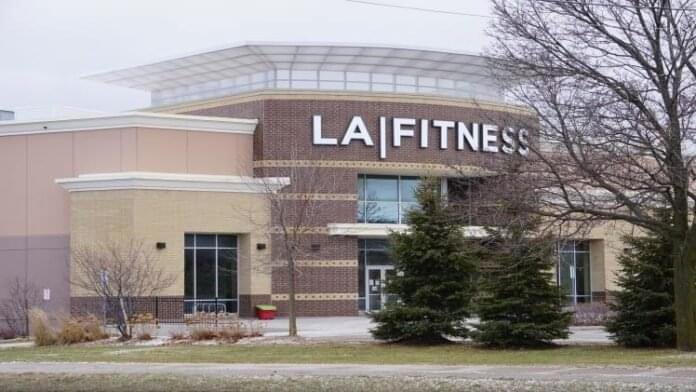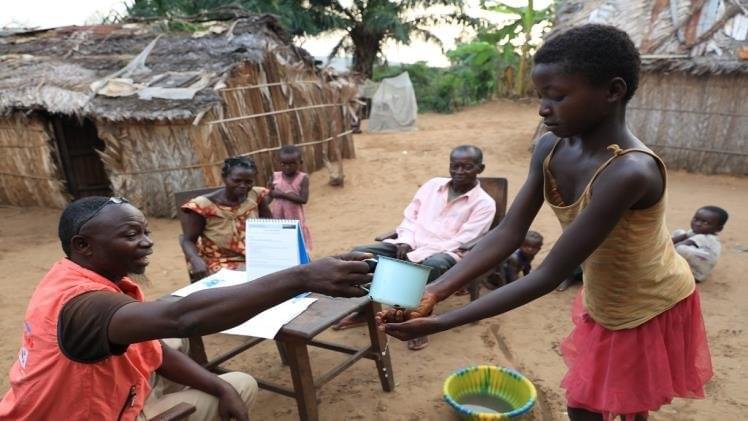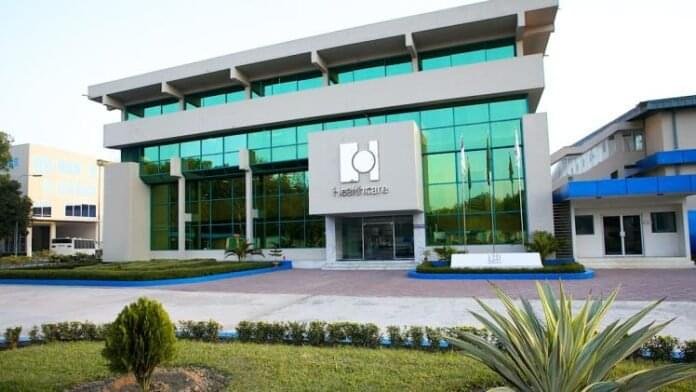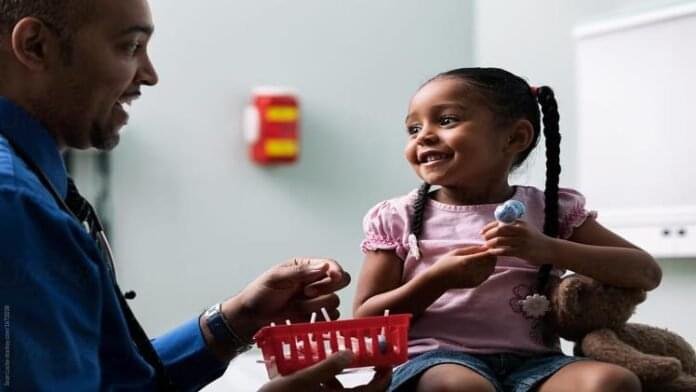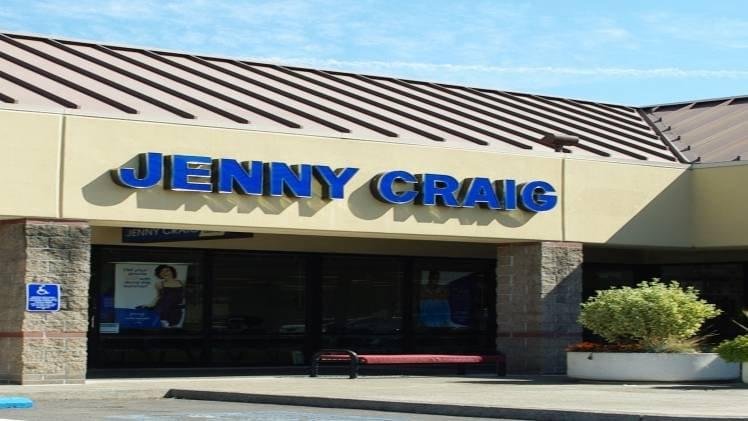Community Health Choice, a local, nonprofit managed care organization, is committed to improving the health and well-being of residents in Southeast Texas. Their goal is to open doors to coordinated, high quality, affordable health care and health-related social services.
As a community-based plan, Community Health Choice works to improve the health of our members by offering a full range of healthcare options including MarketPlace, DNSP, Medicaid and CHIP plans.
Community-based health centers
Community health centers have long been recognized as one of the most effective ways to provide primary care and expand access to health services. For the past decade, they have enjoyed steady and increased federal funding to expand their reach and improve patient outcomes.
By bringing healthcare to the doorstep of patients, community health centers can help achieve the twin goals of expanding coverage and reining in out-of-control health costs. Their presence in medically underserved communities, including rural and inner-city neighborhoods, also creates economic stimulus to these areas that can help boost local economies.
In addition to primary care, community health centers offer a range of other medical and social services. This includes preventive care, oral health, behavioral health, and specialty care like dentistry and psychiatry. They also offer support services, such as transportation, translation, and healthcare education.
Preventive care
Preventive care is an important part of community health choice, focusing on routine checkups and screenings that can help find health problems early, when they are most treatable. It can save you time, money and effort by preventing disease before it starts.
It can also help you stay healthy, reduce your risk of serious illnesses and improve your quality of life. In addition, preventive services can save you and your family from expensive emergency room visits, hospitalizations or even premature death by detecting potentially serious diseases before they cause serious symptoms.
Under the Affordable Care Act (ACA), most private plans are required to cover these preventive services at 100% without co-payments and deductibles. Moreover, Medicaid and Children’s Health Insurance Program (CHIP) are also expanding access to preventive services for millions of beneficiaries.
Community health education
Community health education is a crucial part of achieving and maintaining good health. This is because it can help communities identify shared health risks, increase vaccination rates and provide access to healthcare services.
It also helps communities recognize symptoms of poor health and empower people to seek care more quickly, leading to improved disease and hospitalization rates. Additionally, it can help communities increase their health literacy, which translates into better communication and healthier behaviors.
Community health educators work with public health departments, schools and local governments to design educational programs and other resources that address a community’s specific needs. Taking into account economic, social and cultural factors, they create initiatives that promote a population’s long-term wellness and help it achieve and maintain its maximum level of health.
Community partnerships
Community partnerships can be an important part of a community health choice program. These relationships can help your nonprofit find new funding sources and increase awareness of your programs.
Building community partnerships takes time. But with a strong base, knowledge of who you want to work with and a clear goal. These partnerships can have a significant impact on your organization. They can also open doors to publicity, grant funding, and corporate sponsors.
CCI coach Will Roy suggests putting respect, trust and vulnerability at the forefront of any joint collaboration. This will help you create an atmosphere where everyone is ready to share their ideas. Learn from each other’s strengths, says Roy.
NNPS School, Family and Community Partnerships model is designed to support parent participation and involvement in the classroom and community. This webinar introduces the continuum of community partnerships. Linkages as a tool for understanding where you and your agency are developmentally in creating, using and sustaining collaborative efforts.
